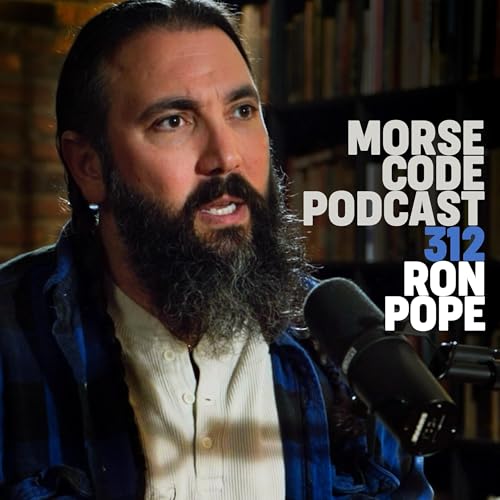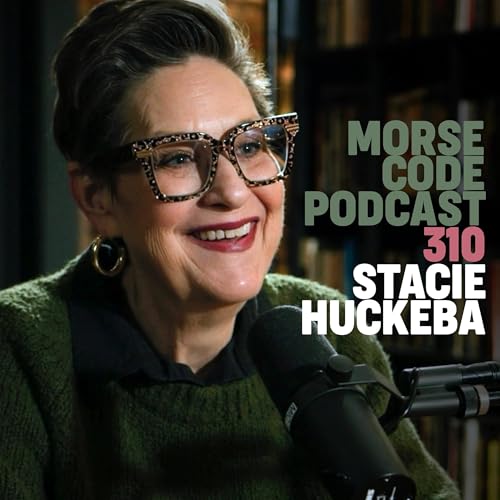For anyone who’s spent time around Nashville music over the last few decades, rocker Will Hoge is a familiar and trusted presence. He’s one of those artists whose name carries weight not because of hype, but because of longevity—someone who’s written great songs, toured relentlessly, survived multiple versions of the industry, and earned deep respect from musicians and listeners alike. Even if you don’t know his catalog intimately, you’ve likely felt his influence somewhere along the way. This conversation is less about where he’s been than about what it takes to stay awake inside a long creative life.
One of the questions hovering beneath our conversation is what actually changes once the thing you’ve been working toward finally happens. Not success in the abstract, but the lived version of it: recognition, momentum, a song that lands. Will has been inside music long enough to know that “making it” doesn’t resolve anything. If anything, it complicates the story. In his case, it forced a reckoning with which parts of the work still felt alive—and which had begun to feel merely functional.
We talked about how easily momentum can replace intention. How a career can keep expanding even as your connection to it kind of thins out. Will was candid about the period when larger audiences and bigger opportunities didn’t bring deeper satisfaction, and how unsettling it was to realize that the things he’d chased for years were no longer aligned with who he was becoming. What emerged instead was a slower, more deliberate approach, one that values attention over scale and clarity over repetition.
This newsletter is how I fund the Morse Code Podcast and build the larger Morse Code project. If this writing or these conversations matter to you, becoming a paid subscriber is the most direct way to support the work.
That recalibration was sharpened by a near fatal mo-ped accident that stopped everything cold. For a long stretch, music wasn’t just uncertain—it was impossible. Recovery meant relearning his body, his breath, and eventually his voice. Said Will: “I used to be able to sing my way out of a B-minus song.” After the accident, that wasn’t true anymore. The margin was gone. What remained was the work itself—the writing, the choices, the discipline of not letting power substitute for clarity. Limitation, in that sense, became a teacher.
This episode isn’t about hits or industry mechanics. It’s about longevity—what it takes to keep showing up without turning yourself into a product, and how staying honest often means letting go of versions of success that no longer fit. You can watch the full conversation here: and Will’s in-studio performance of “Another Planet” here.
After the Conversation
If this episode resonated, I wrote a longer personal continuation in this week’s After the Conversation. It’s less about career arcs and more about the bigger story—why I keep having these conversations, what I’m actually searching for now, and how wisdom tends to reveal itself slowly. There’s also a bonfire analogy I’m not sure works.Read After the Conversation here.
Get full access to Morse Code with Korby Lenker at korby.substack.com/subscribe
 51 分
51 分 1 時間 17 分
1 時間 17 分 1 時間 10 分
1 時間 10 分 1 時間 12 分
1 時間 12 分 2026/01/151 時間 21 分
2026/01/151 時間 21 分 1 時間 15 分
1 時間 15 分 1 時間 8 分
1 時間 8 分 1 時間
1 時間
